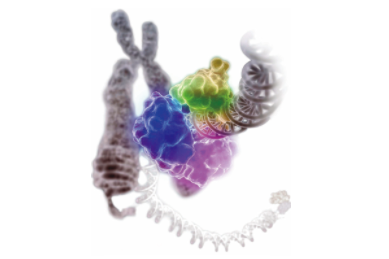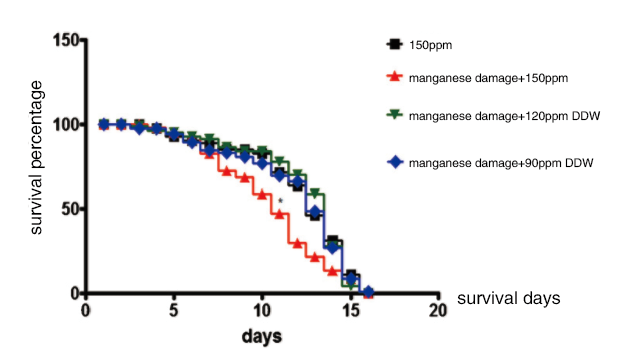As early as 1974, deuterium has been recognized as a significant factor contributing to aging. Deuterium can alter the shape of enzyme molecules involved in DNA reactions, leading to disruptions in molecular system order and rhythm. This disruption is considered the fundamental cause of immune dysfunction, aging, and cancer. Recent research indicates that low-deuterium water can activate human cells, enhance cellular DNA synthesis capabilities, promote cell proliferation, and possesses significant anti-aging properties.

In 2012, a study conducted by Vanderbilt University and the Kennedy Center for Human Development Research in the United States revealed that nematode worms with chemical-induced damage, when exposed to low-deuterium water at concentrations of 120 and 90 ppm, experienced a significant extension of their average lifespan.

Plausible Mechanisms for Deuterium's Role in Aging
- A large class of enzymes and proteins play a role DNA replication and repair and make extensive use of hydrogen bonds
- The protein p53 plays an especially significant role
- A large class of enzymes and proteins play a role DNA replication and repair and make extensive use of hydrogen bonds
- Deuterium may inhibit enzymes such as DnaB, Primase, or polymase
- If these enzymes are inhibited the rate of DNA replication may be slowed when DNA is most susceptible to damage by radiation
- Complex enzymes detect breaks and rejoin DNA strands based upon specific bonding sites
- If deuterium is present in these sites, steric effects and increased bonding strength could inhibit DNA repair
- Could lead to errors in proteins coded by DNA
